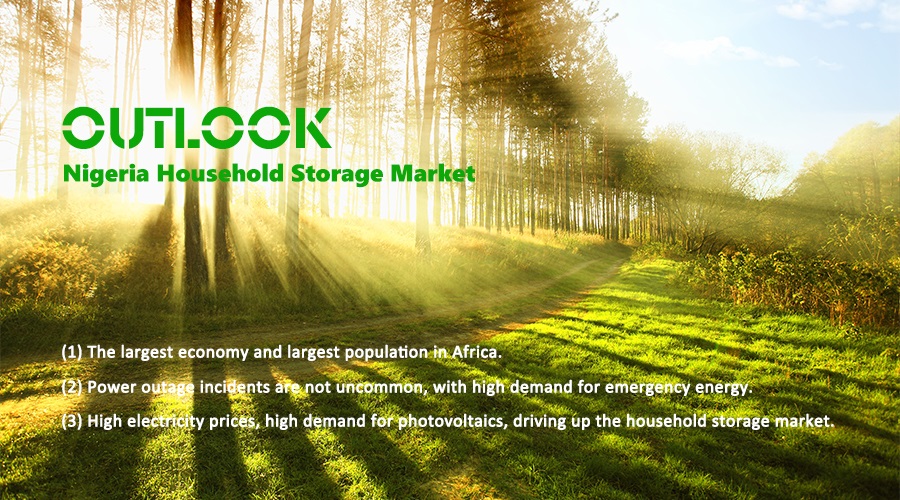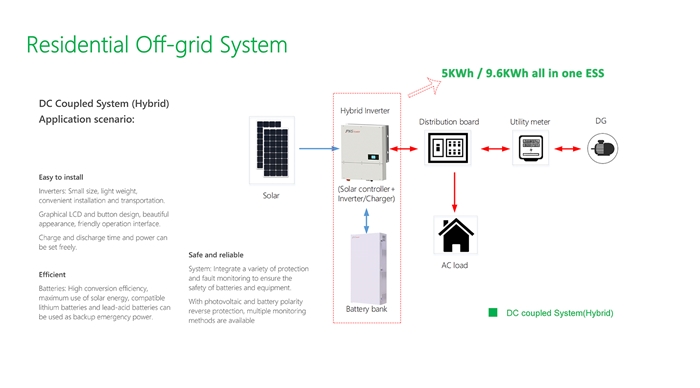With the easing of the Russia-Ukrainian conflict, the European household storage market is at a freezing point in 2023, and household storage companies are turning their attention to emerging markets such as Asia, Africa, and Latin America.
The South African household storage market has always been the most crowded market for Chinese household storage companies, second only to the European market, including multiple companies such as Huawei, Sungrow, BYD, Pylontech, and Deye, which have deeply participated in the South African household storage market.
The inventory problem in South Africa has led household storage companies rooted in Africa to explore new battlefields in Africa, and the Nigerian market has become the best choice.
The following advantages make the Nigerian household storage market the possibility of becoming the 'next South African' market.

01 The largest economy and largest population in Africa
According to data released by the World Bank, Nigeria has been at the top of the list since surpassed South Africa to become the largest economy in Africa in 2018. The population is over 220 million, accounting for 1/6 of the total population in Africa. The huge economic size and population base make Nigeria have the potential to become a major market for household savings.
02 Power outage incidents are not uncommon, with high demand for emergency energy
Nigeria has experienced over 100 malfunctions in the past decade. In the past decade, the country's national power grid has experienced multiple power outages. These events have seriously troubled the daily lives of the Nigerian people. Nigeria has to rely on backup generators to meet 40% of its electricity demand. In addition to the household market and the industrial and commercial sector, a large number of small workshops use diesel generators to ensure production continuity, and more enterprises also face high costs.
03 High electricity prices, high demand for photovoltaics, driving up the household storage market
In 2022, the Nigerian government released a plan to achieve carbon neutrality by 2060. The plan clearly states that renewable energy will be an important part of electrification in industries such as construction, industry, and transportation. The utilization rate of renewable energy will increase in the coming years, and solar photovoltaic (PV) is also expected to grow rapidly, with an average annual growth rate of over 50% in the next three years. According to data, the average annual growth rate of Nigeria's off grid solar energy market in the past five years has reached 22%, making it one of the fastest growing countries in Africa.
At present, Nigeria household storage market has just started, with low certification barriers. The products are mainly low-voltage off grid 5KWh, focusing on an ultra-low cost performance ratio.

FNS Power provides a variety of household storage products, mainly energy storage batteries, and all-in-one machines, which can meet the multi scenario household storage needs of the Nigerian market.
With the saturation and cooling of the South African household storage market, the Nigerian household storage market is expected to replace the South African market as the "new continent" of African household storage.
